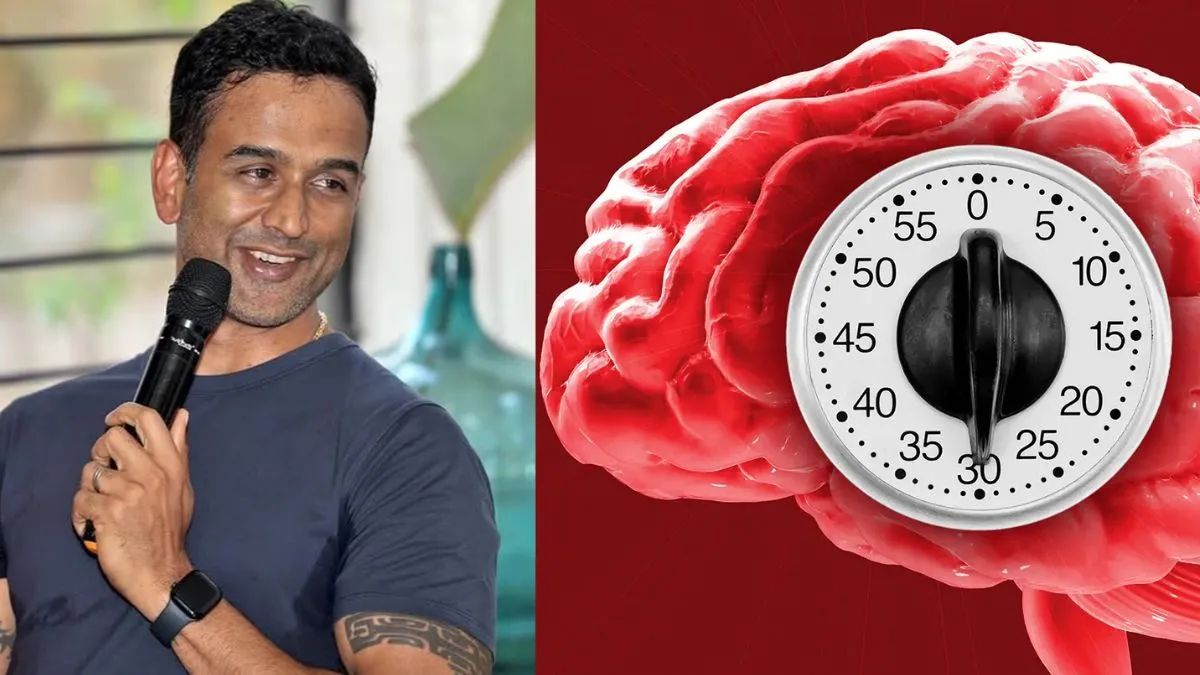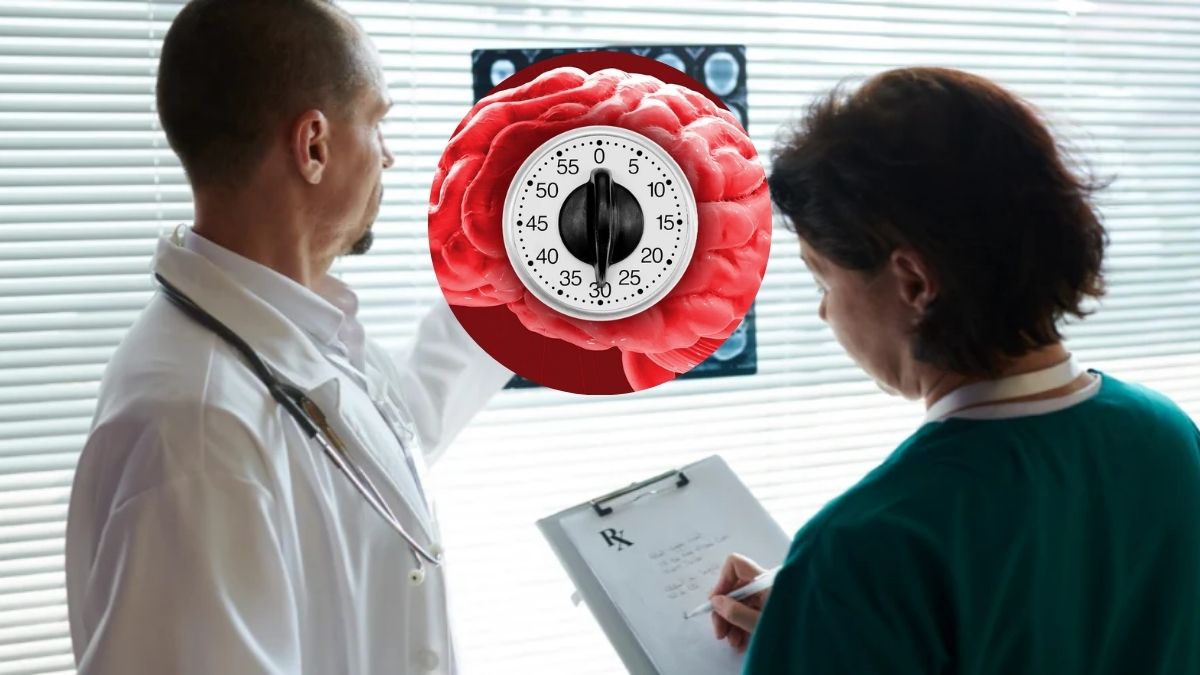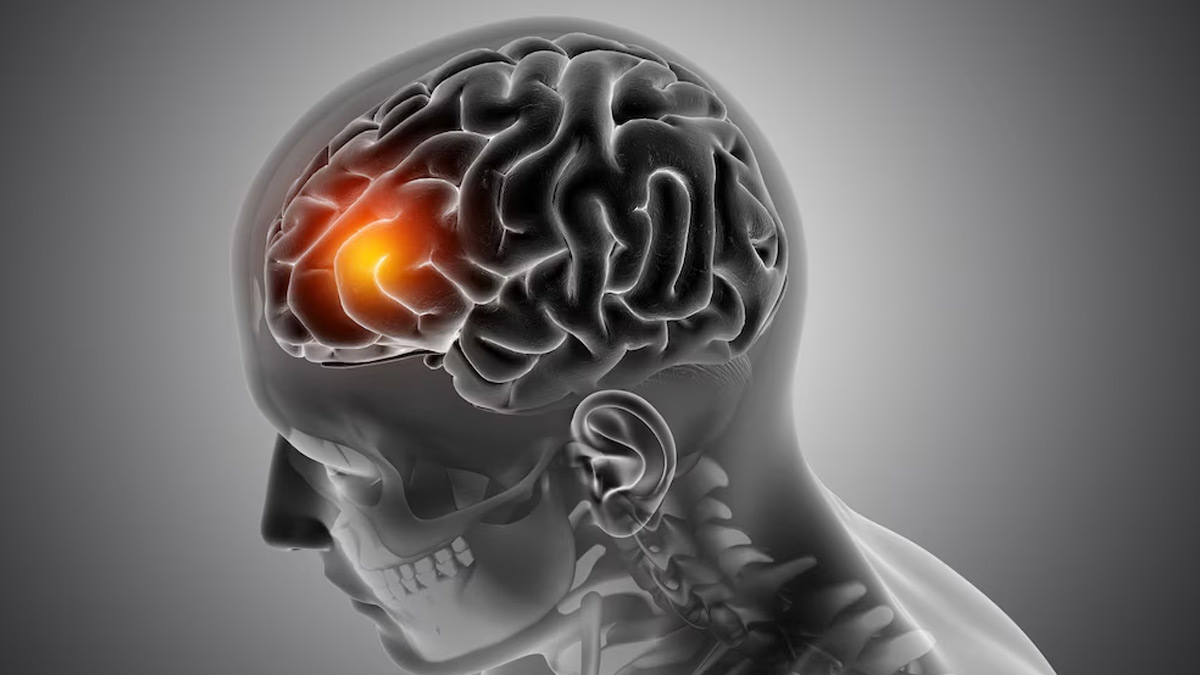
Zerodha CEO Nithin Kamath recently opened up about his terrifying near-death experience after suffering a stroke in January 2024. He nearly lost his life because he delayed seeking help. He wrote on X (formerly Twitter) that if there was one thing he would change, it would be going to the hospital within the golden hour instead of thinking he could “just sleep it off”.
Table of Content:-
We reached out to Dr Gaurav Batra, Neurosurgeon (Brain & Spine) at Max Super Speciality Hospital in Vaishali, to explain why this “golden hour” is so vital in stroke treatment.
Nithin Kamath’s Life-Saving X Post
If there’s one thing I wish I had done differently when I was hit by a stroke last January, it would be to go to the hospital immediately, within the Golden Hour (<4.5 hours), instead of thinking I could just sleep it off.
— Nithin Kamath (@Nithin0dha) October 29, 2025
This “nothing will happen to me” attitude is common,… pic.twitter.com/n67EpKlMHr
In a candid post on X (formerly Twitter), Kamath wrote, “If there’s one thing I wish I had done differently when I was hit by a stroke last January, it would be to go to the hospital immediately, within the Golden Hour (<4.5 hours), instead of thinking I could just sleep it off.” He highlighted the dangerous “nothing will happen to me” mindset common among younger adults under 50, revealing how strokes are increasing sharply in this age group. Kamath’s warning underscored that “time is brain; every minute counts” when it comes to stroke survival and outcomes.
What is the Golden Hour of Stroke Treatment?![Golden Hour of Stroke Golden Hour of Stroke]()
Dr Gaurav Batra explains, “The golden hour refers to the first 60 minutes after stroke onset, during which immediate medical care can save brain cells and restore blood flow.” During this critical window, treatments like clot-busting thrombolytic drugs can prevent permanent brain damage and improve chances of full recovery. “It’s the most vital time to diagnose and start therapy to reduce disability and death,” he adds.
Why is the First Hour So Critical?
Every minute counts because millions of brain cells die rapidly during a stroke. Dr Batra says, “Early treatment can restore blood flow, limit injury, and increase survival odds. Delays mean irreversible damage and long-term disability.”
Here are some facts to keep in mind:
- Brain cells start dying within minutes of a blocked or burst blood vessel.
- Delays reduce the chance of reversing damage.
- Being treated within this window often means better outcomes and fewer long-term effects.
What Happens in the Brain During a Stroke’s Golden Hour?![]()
“A blocked or burst blood vessel deprives cells in that brain area of oxygen. Prompt treatment during the golden hour can stop cell death, protect the surrounding tissue, and significantly reduce lasting neurological damage,” explains Dr Batra.
Key points:
- Some brain tissue remains salvageable if blood flow is restored early.
- The longer the delay, the greater the risk of irreversible damage.
- Modern treatments like clot-busting drugs or thrombectomy work best when administered quickly.
How Early Recognition of Stroke Symptoms Saves a Life?
Dr Batra advises, “Recognising stroke symptoms early allows immediate emergency care, ensuring treatment within the golden hour — thus preventing extensive brain damage, reducing complications, and vastly improving survival and recovery rates.”
Recognise FAST (Face drooping, Arm weakness, Speech slurred, Time to act). Also watch for:
- Sudden vision trouble
- Severe dizziness or balance issues
- Unexpected severe headache
If you spot any of these, call emergency services immediately.
What Treatments Are Given in the Golden Hour of Stroke Care?![mn. (8)]()
Dr Batra outlines the typical interventions:
- Clot-busting medications (tPA) to dissolve clots.
- Mechanical thrombectomy to remove a clot in larger arteries.
- Monitoring vital signs and stabilising blood pressure.
- Providing oxygen or fluids to protect the brain.
“Time lost is brain lost,” is how many neurologists summarise it.
A study of acute ischaemic stroke treatment found that patients treated within the first 60 minutes had significantly higher odds of excellent functional outcome at 90 days compared to those treated later. The evidence strongly supports that earlier is better when it comes to stroke care.
ALSO READ: World Stroke Day 2025: Know Theme, History and Significance of This Day
Conclusion
Nithin Kamath’s story is more than a personal health journey as it’s a public health lesson. The concept of the “golden hour” in stroke treatment re-emphasises: when it comes to brain attacks, every second counts. Recognising symptoms early, calling for help without delay, and getting to the right hospital quickly can make the difference between full recovery and lifelong disability.
Also watch this video
Read Next
Is Osteoporosis Only a Concern for Older Women? Expert Suggests Risks For Younger Generation
How we keep this article up to date:
We work with experts and keep a close eye on the latest in health and wellness. Whenever there is a new research or helpful information, we update our articles with accurate and useful advice.
Current Version
Oct 31, 2025 15:36 IST
Published By : Vivek Kumar


-1761905183223.jpg)